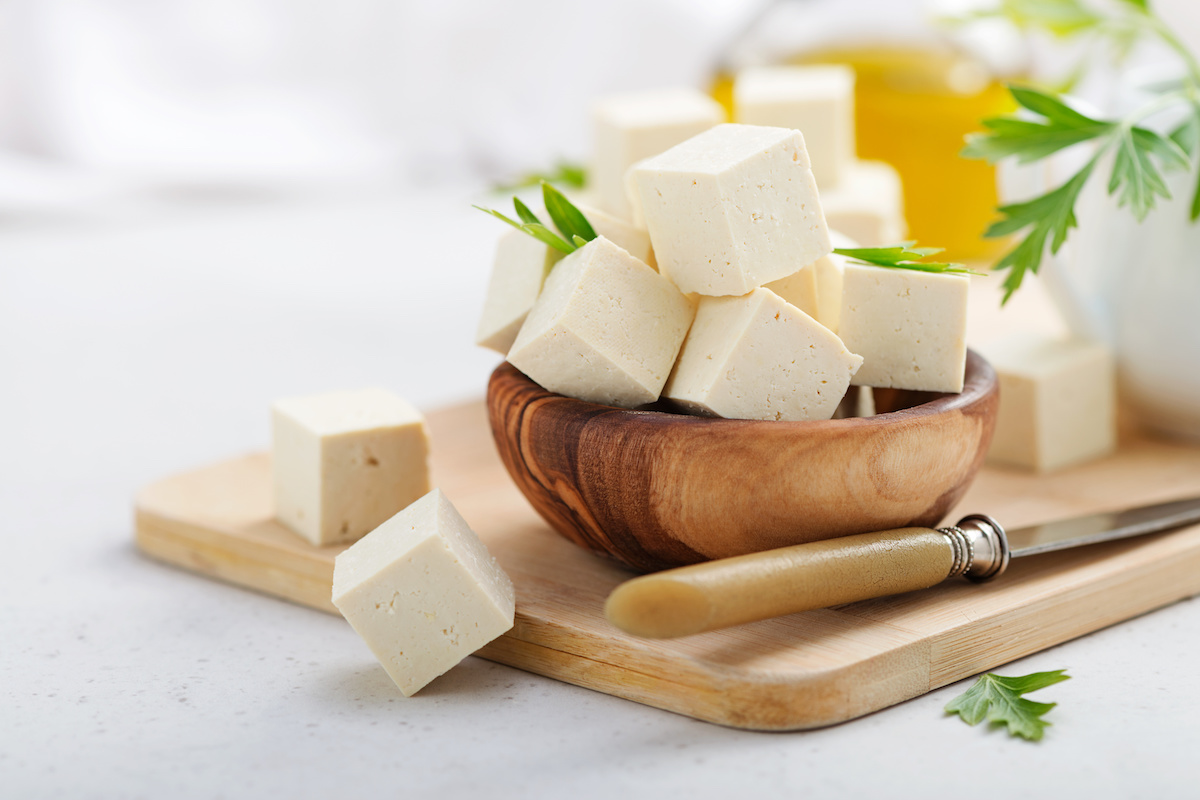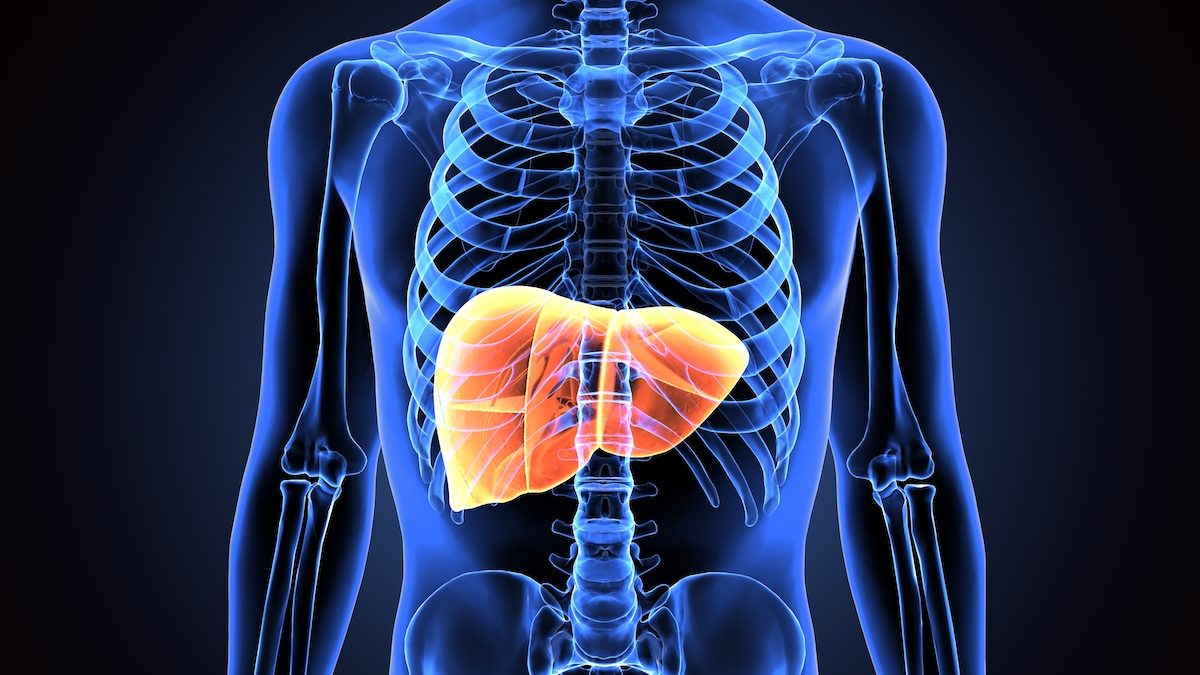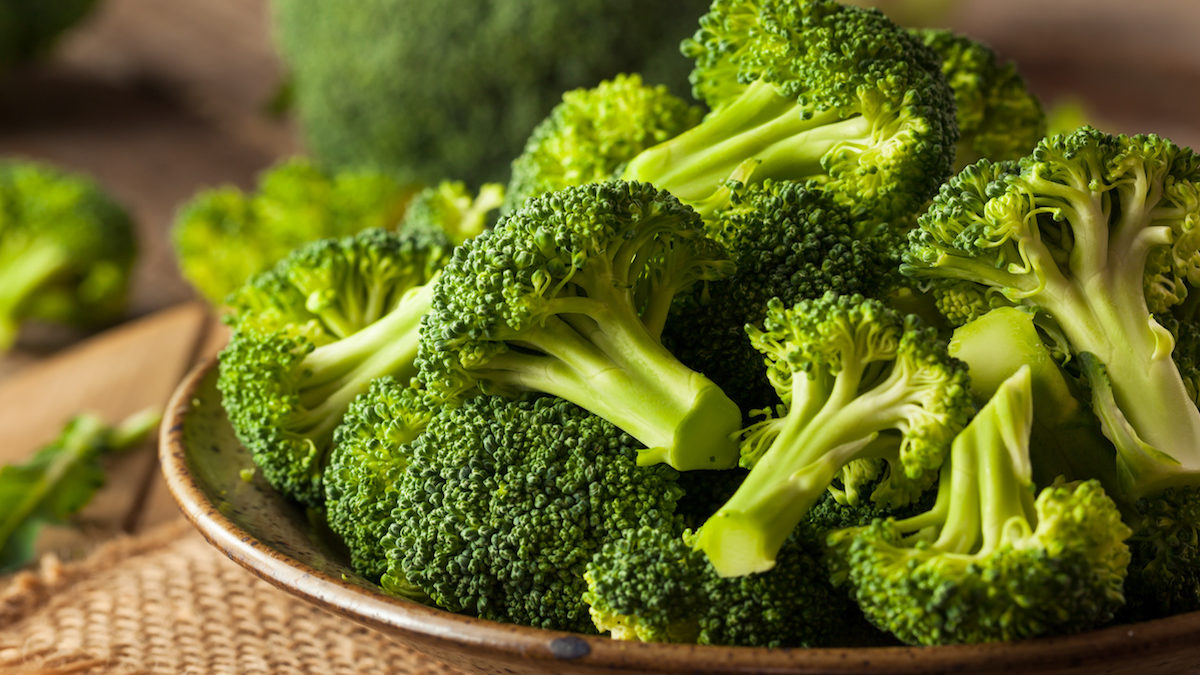Choline: Why We Need To Talk About the Overlooked Nutrient

When it comes to essential nutrients, the general population tends to be pretty clued up. You have your vitamins to boost the immune system and minerals to improve bone health and maintain healthy skin, hair, and nails. Carbohydrates fuel you through the day and healthy fats help cell growth and proper brain functioning.
Then there’s protein, of course, our favourite macronutrient, and vital in any and every body for growth and development. These are the big hitters in the nutrients world, the leading lights if you will. But one lesser-known nutrient worthy of a place in this pantheon is often left on the sidelines. According to a cross-sectional study from George Mason University, only 11 percent of Americans get the choline they need on a daily basis, and a further 65 percent don’t even know what it is.
It might sound like the stuff they put in swimming pools, but as an ‘essential’ nutrient choline is just as important as all the rest. Here we breakdown all you need to know, from the best sources to the myriad of benefits.
What Is Choline?
The unfamiliarity around choline might be explained by the fact that it wasn’t recognised as an essential nutrient by the National Academy of Medicine until 1998 and is still not included in official recommendations in the UK. But among nutritionists and dieticians choline has developed a reputation as an overlooked nutrient in dire need of more attention.
It exists as both water-soluble and fat-soluble molecules, with the body transporting and absorbing choline differently depending on its form. The water-soluble molecules go straight to the liver, which converts them into a type of fat called lecithin. Fat-soluble choline is more readily found in dietary sources, so the body absorbs it in the gastrointestinal tract.
Choline, as an ‘essential’ nutrient for humans, is similar to omega-3 fatty acids then, as the amount produced endogenously in the liver is not sufficient to meet our requirements.

Once absorbed, the nutrient is critical for a number of bodily functions, including helping to metabolise fats, looking after cells, and providing an abundant supply of neurotransmitter precursors shown in studies to improve attention and mental function (which might be why we include it in our Boost supplements).
What Are The Benefits?
Despite not being included in official recommendations, choline and its benefits have been well-researched. Take, for example, an observational study published by Cambridge University Press which found that of the 2,195 participants aged 70–74 years, those with higher choline levels had better cognitive functioning than participants with low choline levels.
Another interesting study taken in 2014 study found that female athletes who took choline supplements had lower body mass indexes (BMIs) while a 2018 study published in the European Journal of Nutrition found an association between higher dietary intakes of choline and a lower risk of ischemic stroke, which is caused by a blockage in an artery that supplies blood to the brain
How To Get Choline On A Vegan Diet
Now we’ve asserted its importance, the big question is how do we get it into our bodies? Eggs are one of the main dietary sources, as are beef, fish, and poultry. This leads many in-the-know vegans to worry about their choline intakes, but there are a number of plant-based and vegan foods that are worthy alternatives.
Tofu is top of the list, with around 35 milligrams of choline in half a cup, with broccoli, peanut butter, mushrooms, and quinoa bringing up the rear.
An average diet supplies around 200 to 600 mg of choline a day. Adequate intake as established by the Food and Nutrition Board of the National Institute of Medicine, for adults is 550 mg per day for men though and 425 mg per day for women. So it pays to pay attention and make sure you’re regularly consuming these foods.

Should You Be Taking A Choline Supplement?
The alternative to gulping down six cups of tofu a day is to boost your intake through a supplement. A US National Health and Nutrition Examination Survey found that egg consumers had almost twice the usual choline intake compared with non-consumers, and so a supplement may help vegans. Of course, you can still consume sufficient levels of choline on a plant-based diet, but it pays to have the insurance policy of a supplement to make sure those levels are hit.
Women of child-bearing age may also want to look more closely at choline supplementation, especially when you consider a 2018 study from Cornell University which found that those babies with a sufficient intake of choline processed information at significantly higher speeds than those without.
In terms of over-consumption, the daily upper limit for adults is 3,500 mg per day. This is the highest level of intake that is unlikely to cause harm. You’d be hard-pressed to touch this figure, but as with any supplement consumption, consult a dietician or nutritionist first, especially if you have an underlying illness or are taking other medication.
If you’re worried about your nutrient intake then Form’s multivitamin, or Multi as we like to call it, is here to help. Multi covers your daily vitamin and mineral requirements and more, with vegan DHA and Choline for brain health, and Vitamin D3 from Vita-algae D® for immunity, Multi is more than a multivitamin; it’s your daily nutrient peace of mind.


















